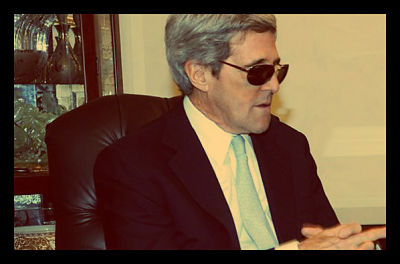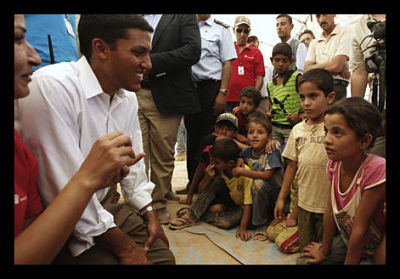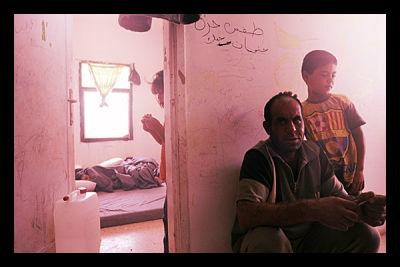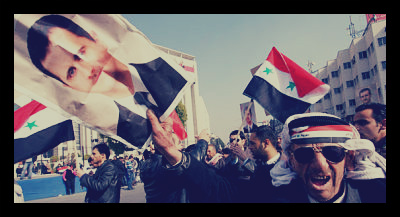
On August 11, John Kerry released a statement expressing his disappointment regarding the lack of progress the peace talks in South Sudan are making. Even though the Sudan People’s Liberation Movement and the Government of South Sudan promised to take 60 days to form a transitional government. The Inter-Governmental Authority on Development was the mediator of the agreement; however, neither side has approached the peace talks with the level of seriousness they deserve.
The Peace Talks in June were stalled between president Salva Kiir and rebel leader Riek Machar. BBC reports that 1.5 million people have been displaced since the fighting began and more than seven million people are currently at risk for both disease and hunger. Moreover, the country is very close to forcing people to live in a debilitating famine because the constant fighting between the two parties prevents farmers from taking care of their crops and animals so that they can make a living and provide food for their communities.
Kerry explained that stalling the peace talks only increases the number of deaths and in his statement, explained that “these killings further undermine the enormous humanitarian response needed to support the 3.9 million South Sudanese who are in desperate need of life-saving food assistance and who continue to live in fear of violence.”
The Head of Special Envoys for South Sudan, Peace Mediation, Seymour Mesfin told the Standard Digital News that he believed that the current talks were making progress and stated that “there is reduced intensity of hostility and release of detainees by the government.”
Even when the talks resumed, however, the violence in the area was still proving to be very unstable and seems to suggest otherwise. In the town of Bunj, in Maban County, Upper Nile State, a humanitarian worker was killed in the midst of a confrontation between deserting soldiers and soldiers from a local militia.
– Jordyn Horowitz
Sources: BBC News, Standard Digital, U.S. Department of State
Photo: BBC News





 A lost generation of children is quite a dramatic phrase. One would expect it to define a group of children whose duress has gone unnoticed. For the children in
A lost generation of children is quite a dramatic phrase. One would expect it to define a group of children whose duress has gone unnoticed. For the children in 
 John Kerry, in one of his first official speeches as Secretary of State, declared that diplomacy is key to securing the nation’s economic well-being, and urged Americans and legislators alike to avoid isolationism simply because of a down economy. Kerry pinned the blame for a lack of support for
John Kerry, in one of his first official speeches as Secretary of State, declared that diplomacy is key to securing the nation’s economic well-being, and urged Americans and legislators alike to avoid isolationism simply because of a down economy. Kerry pinned the blame for a lack of support for